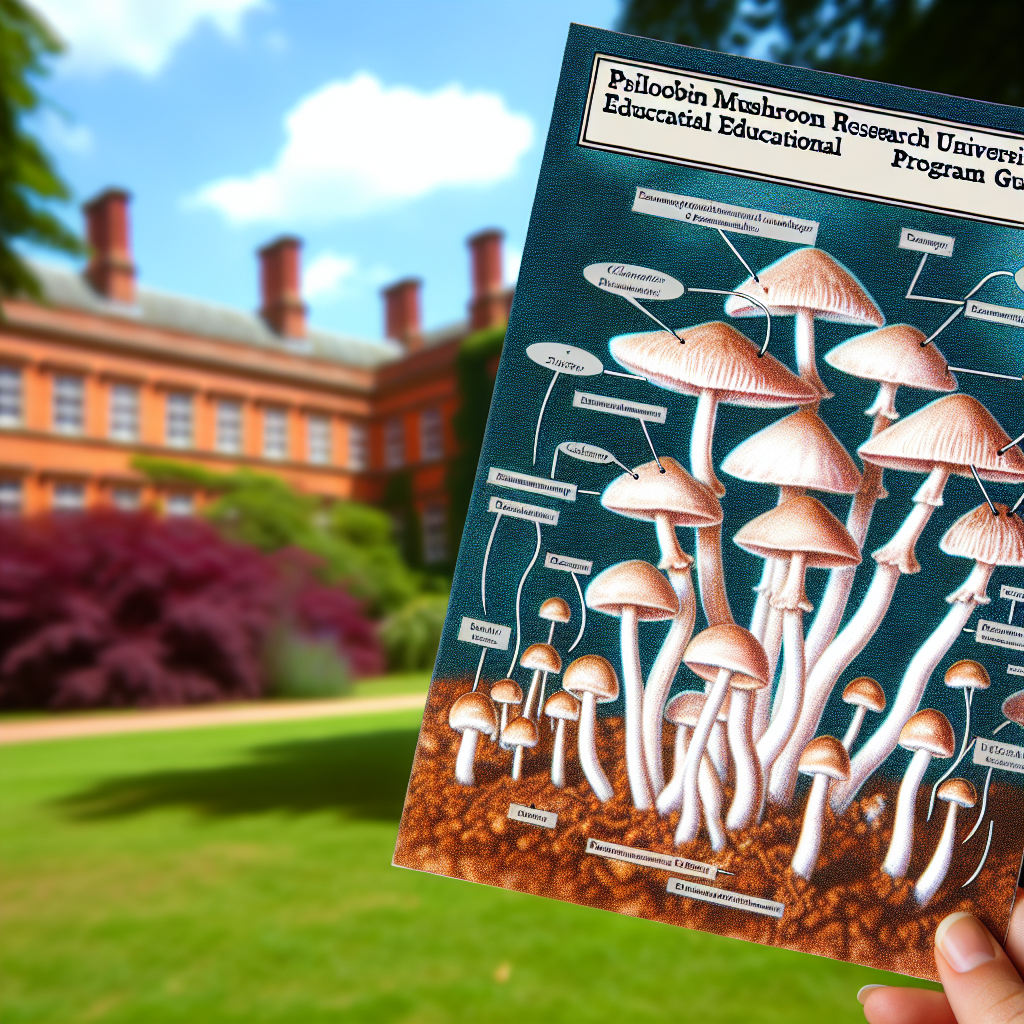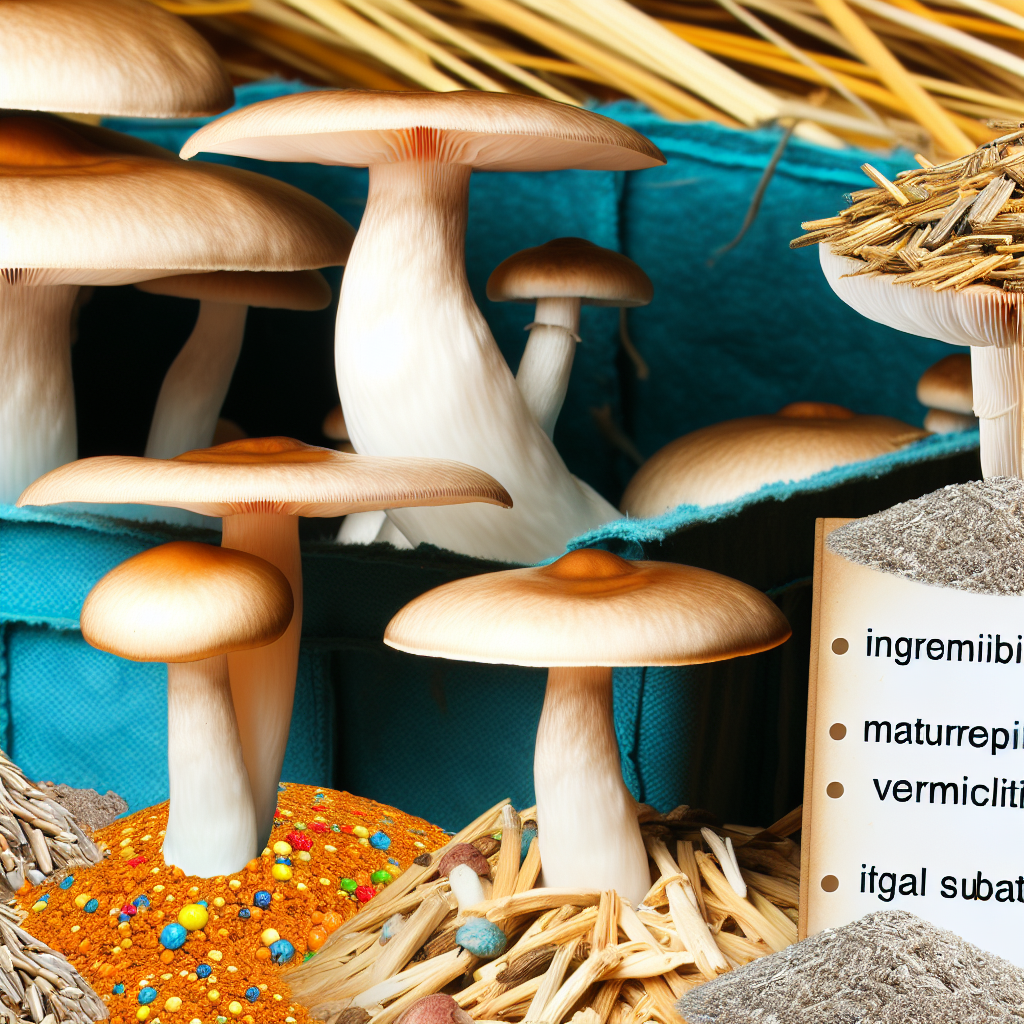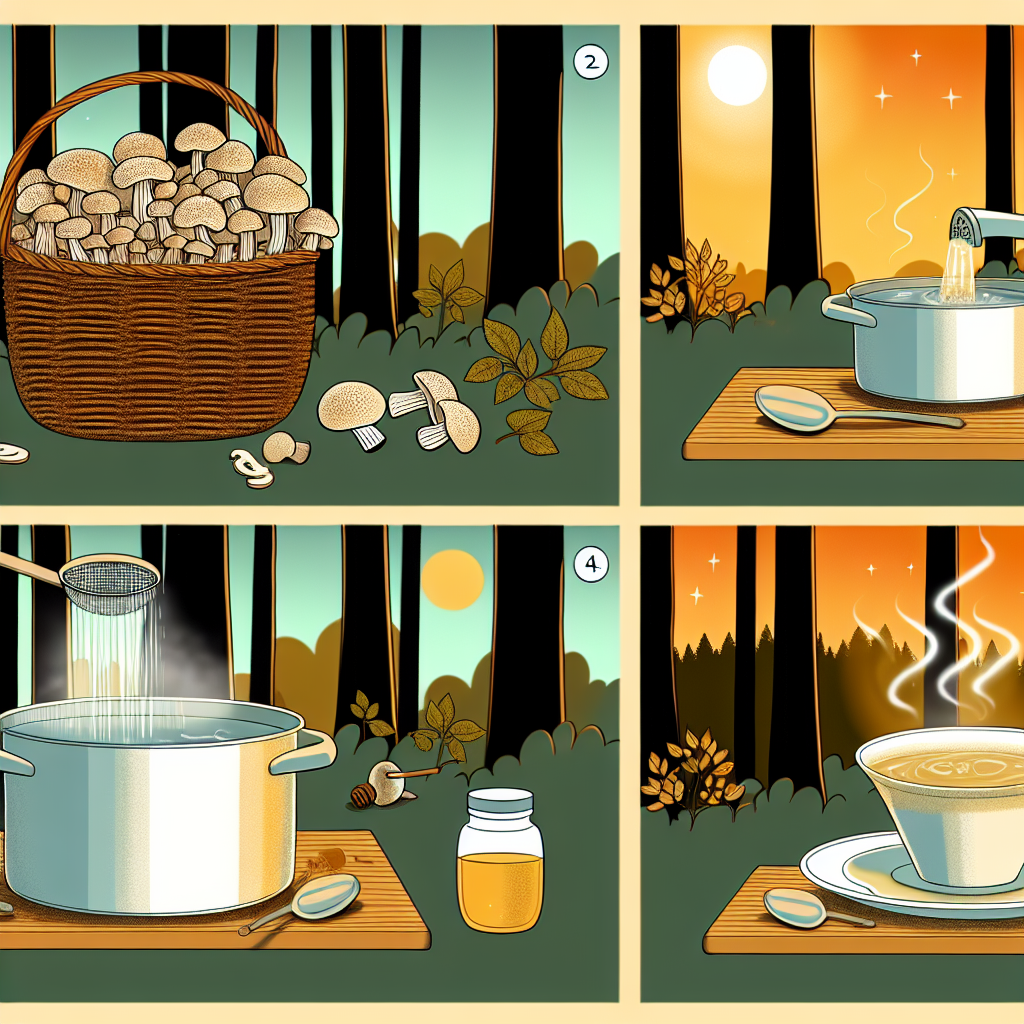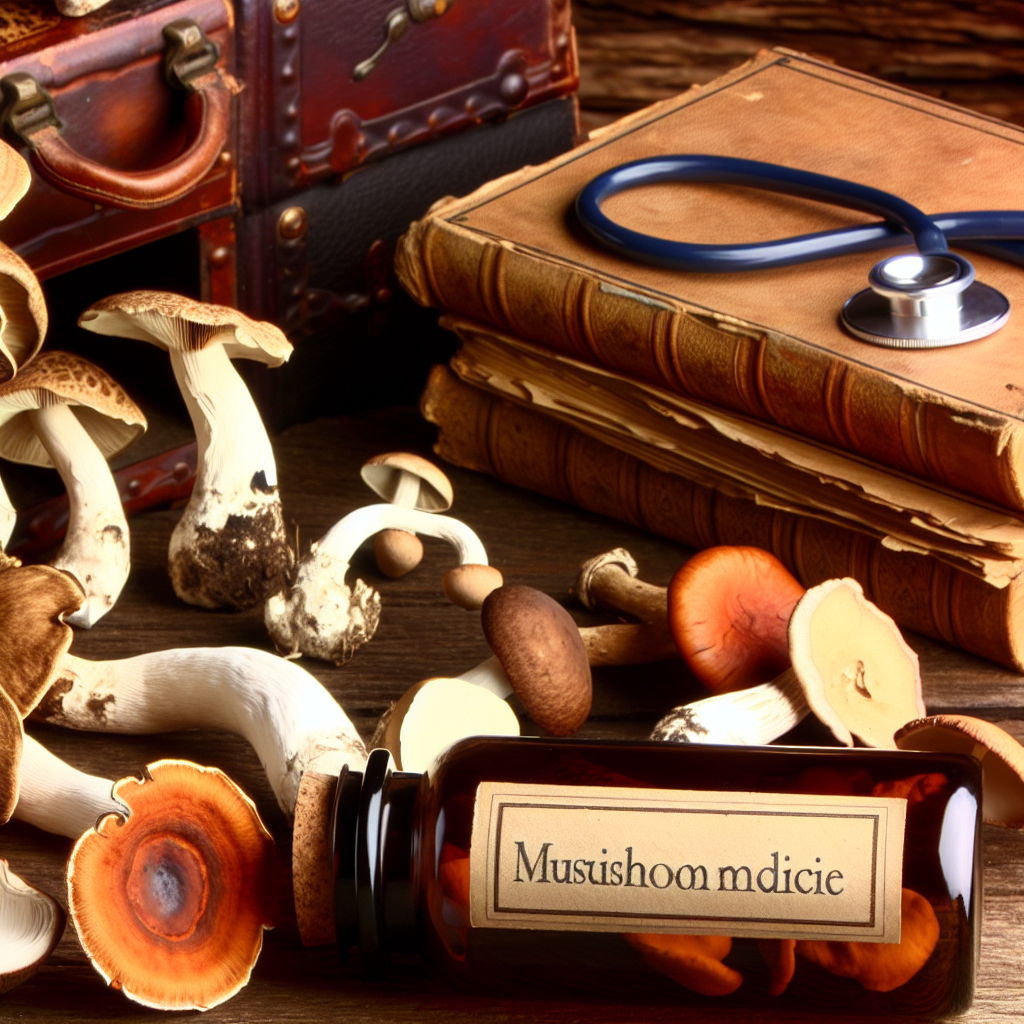Reimagining End-of-Life Care: Integrating Psilocybin Therapy into Hospice Services
Introduction
The journey toward the end of life is often marked by profound emotional, psychological, and existential distress. For individuals facing terminal diagnoses, the final stage of life can be fraught with anxiety, depression, fear, and a sense of spiritual incompleteness. These emotional challenges often persist despite traditional hospice efforts aimed at providing comfort and support. Amidst this backdrop, psilocybin—the active, naturally occurring psychedelic compound found in certain mushrooms—is gaining attention as a transformative therapeutic option in palliative care.
Psilocybin has its origins rooted in cultural and spiritual traditions, primarily among Indigenous peoples who used these mushrooms in sacred rituals to foster personal insight and healing. In modern clinical settings, the compound is being repurposed to address deep psychological distress associated with terminal illness. New research is illuminating the potential of psilocybin-assisted therapy to alleviate existential suffering, reduce anxiety and depression, and enhance overall quality of life for hospice patients.
Unlike conventional antidepressants, which may take weeks to show effectiveness and often come with side effects, psilocybin operates differently. When administered in therapeutic settings, guided by trained professionals, a single dose has been shown to induce meaningful, sustained improvements in mental well-being. These profound therapeutic effects—often described as emotionally and spiritually illuminating—could complement the compassionate care goals of modern hospice services.
Psilocybin therapy at end-of-life does not serve as a medical cure, but plays a powerful role in enhancing patients’ emotional resilience, spiritual readiness, and acceptance of death. The integration of such therapy into hospice care is still in its early stages, but its potential could redefine how society addresses emotional pain in dying. As public perception shifts and regulatory frameworks begin to evolve, psilocybin could become a vital part of holistic end-of-life treatment.
This article explores the growing body of evidence supporting psilocybin therapy for terminal patients, outlines the benefits and clinical implications, and investigates how it could be responsibly and ethically integrated into hospice care models to provide compassionate, whole-person support at life’s end.
How Psilocybin Heals: Unraveling the Mental and Spiritual Relief in Terminal Care
Several pioneering studies have underscored the efficacy of psilocybin in reducing psychological distress in patients facing terminal illnesses. A landmark 2016 study conducted at Johns Hopkins University and published in the *Journal of Psychopharmacology* evaluated the effects of a single psilocybin dose on 51 participants diagnosed with life-threatening cancer. The results were profound: approximately 80% of patients reported significant reductions in depression and anxiety, and these improvements were sustained for up to six months after the treatment ([Griffiths et al., 2016](https://journals.sagepub.com/doi/10.1177/0269881116675513)).
Similarly, researchers at New York University Langone Medical Center conducted a double-blind, placebo-controlled trial that demonstrated comparable benefits. Patients receiving psilocybin exhibited rapid and sustained reductions in despairs associated with existential anxiety. Many participants described the experience as one of the most meaningful of their lives ([Ross et al., 2016](https://journals.sagepub.com/doi/abs/10.1177/0269881116675512)).
The Science Behind the Magic: How Psilocybin Works in the Brain
Mechanistically, psilocybin acts primarily on serotonin 2A receptors in the brain, temporarily altering neural connectivity and fostering states of introspection, emotional release, and spiritual connection. During a guided and supported session, individuals often comprehend death in more philosophical or spiritual terms, integrating unresolved emotions or traumas. This can lead to a significant reduction in fear and an increase in peace—a central goal of hospice care.
More Than Mood: Addressing Demoralization and Spiritual Despair
Beyond depression and anxiety, psilocybin has also shown potential in treating demoralization, a common but often overlooked condition characterized by a sense of helplessness or loss of meaning. A 2020 study in the journal *Palliative & Supportive Care* observed that psilocybin therapy could help terminally ill patients reconnect to life’s meaning, values, and interpersonal relationships, enhancing their remaining quality of life ([Anderson et al., 2020](https://www.cambridge.org/core/journals/palliative-and-supportive-care/article/psilocybinassisted-therapy-for-demoralization-in-longterm-aids-survivors-a-pilot-study/)).
Breaking Legal Barriers: Psilocybin in Policy and Palliative Practice
Regulatory interest is also growing. In 2020, the state of Oregon passed Measure 109, legalizing the supervised use of psilocybin for therapeutic purposes, including end-of-life care. Canada has granted compassionate access to psilocybin for individuals with terminal illness, and clinical trials continue to expand across major research institutions.
For hospice programs, integrating psilocybin therapy would involve training facilitators, screening for psychological contraindications, and ensuring a safe, supportive environment. While more research is needed, clinical findings consistently support that, under trained supervision, psilocybin can enhance emotional and spiritual well-being in a way conventional pharmacology has been unable to offer.
Illuminating the Path to Peace: The Future of Hospice with Psilocybin Therapy
As psilocybin re-emerges into the clinical spotlight, its potential to transform end-of-life care is becoming increasingly apparent. This natural compound, when administered in a compassionate, structured, and ethical manner, may offer terminal patients a renewed sense of peace, hope, and connection. The integration of psilocybin into hospice programs embodies a holistic, human-centric approach to dying—where psychological and spiritual comfort is prioritized alongside physical care. With continued research and informed policies, psilocybin therapy may soon find its rightful place in end-of-life medicine, illuminating the darkest hours with meaning and dignity.
References
– Griffiths, R.R., et al. (2016). “Psilocybin produces substantial and sustained decreases in depression and anxiety in patients with life-threatening cancer.” *Journal of Psychopharmacology*. https://journals.sagepub.com/doi/10.1177/0269881116675513
– Ross, S., et al. (2016). “Rapid and sustained symptom reduction following psilocybin treatment for anxiety and depression in patients with life-threatening cancer: A randomized controlled trial.” *Journal of Psychopharmacology*. https://journals.sagepub.com/doi/abs/10.1177/0269881116675512
– Anderson, B.T., et al. (2020). “Psilocybin-assisted group therapy for demoralization in long-term AIDS survivor men: An open-label safety and feasibility pilot study.” *Palliative & Supportive Care*. https://www.cambridge.org/core/journals/palliative-and-supportive-care/article/psilocybinassisted-therapy-for-demoralization-in-longterm-aids-survivors-a-pilot-study/
– Oregon Measure 109. “Psilocybin Services Act.” https://www.oregon.gov/oha/PH/PREVENTIONWELLNESS/Pages/Psilocybin.aspx
– Health Canada. “Psilocybin and Psilocin – Special Access Program.” https://www.canada.ca/en/health-canada/services/drugs-health-products/special-access/drugs/psilocybin-psilocin.html
Concise Summary:
Psilocybin, the active compound in certain mushrooms, is emerging as a transformative therapeutic option for terminal patients facing emotional, psychological, and existential distress. Studies show psilocybin-assisted therapy can significantly reduce depression, anxiety, and demoralization, while enhancing spiritual well-being and quality of life. As regulations evolve, the integration of psilocybin into hospice care models could redefine how we provide compassionate, whole-person support at the end of life.

Dominic E. is a passionate filmmaker navigating the exciting intersection of art and science. By day, he delves into the complexities of the human body as a full-time medical writer, meticulously translating intricate medical concepts into accessible and engaging narratives. By night, he explores the boundless realm of cinematic storytelling, crafting narratives that evoke emotion and challenge perspectives. Film Student and Full-time Medical Writer for ContentVendor.com




